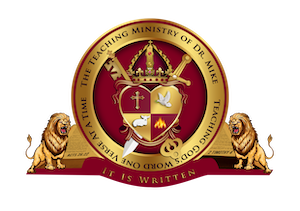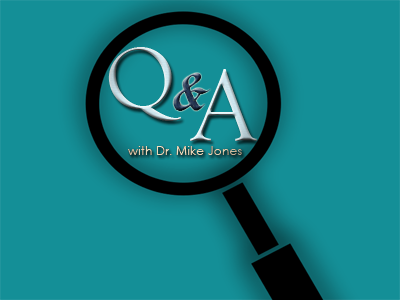Q: We hear a lot of Christians quoting Isaiah 53:5 during this dreadful time in the country, when Covid-19 has gripped the world. Can you [again] explain the true meaning of the text, “By His stripes, we are healed,” in light of the fact so many people – Christians and non-Christians are dying from this assault on the human race during this end time?
A: That is indeed a good question, and the debate from various denominations over this verse, rages on. Like most biblically-minded students of sacred Scripture, I’ve spent quality time, ‘burning midnight oil’ studying the text from the time of our early church fathers [Ignatius of Antioch, Justin Martyr, Augustine of Hippo, and others] giving it a serious theological overview, in relationship, to 1 Peter 2:24 and other similar passages, and have sided with the “School of Thought” that included the
[Dr. Mike] Is it a true saying that, “Perception determines success or failure … And can this apply in a marriage, as well?”
In theology, we like to say it this way: There are ‘true sayings’ and there are sayings that have truth in them. There is certainly truth in this statement, to some degree. In Genesis ‐ the book of beginnings, God instituted marriage, and His Word abounds with both promises and warnings to safeguard the family unit. In Dr. Henry Morris' and Martin Clark's book, The Bible Has the Answer, they stated the following: A marriage established and guided by Biblical standards has
Q: We believe in the ONE true God of the Holy Scriptures. How should we respond to those who believe that the Holy Bible is not inspired by God but man’s own interpretation – therefore, leaving them to create their own belief system?
A: [Good question] As Christians, we believe in the ONE true God of the Holy Scriptures. This is why we study theology. The term "theology" comes from the combination of theos (Greek for "god") and logos (Greek for "word" or "dialogue"). Many scholars understand theology as a discussion or study of God. Theology involves several disciplines: Old Testament, New Testament, Church History, World Perspectives, Biblical Languages, Historical Theology, Philosophy of Religion, and Pastoral Studies. It is also important to spend a

